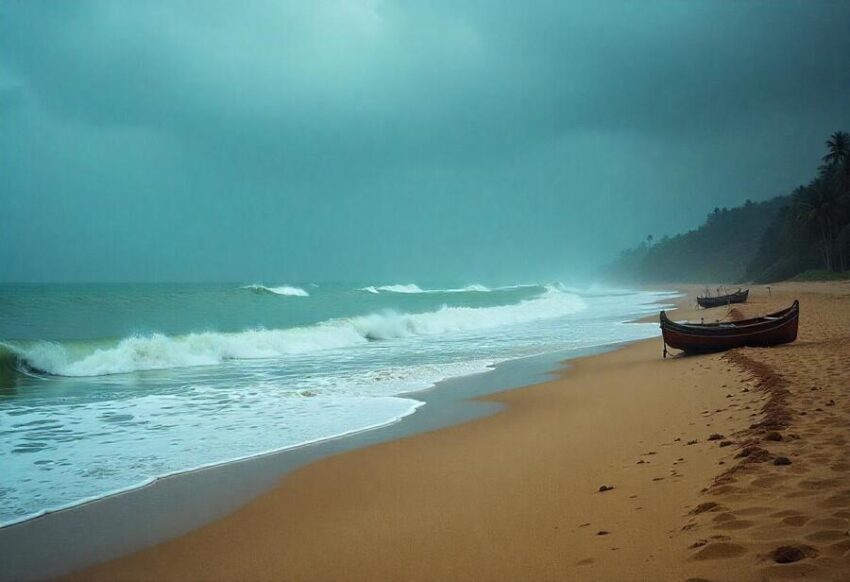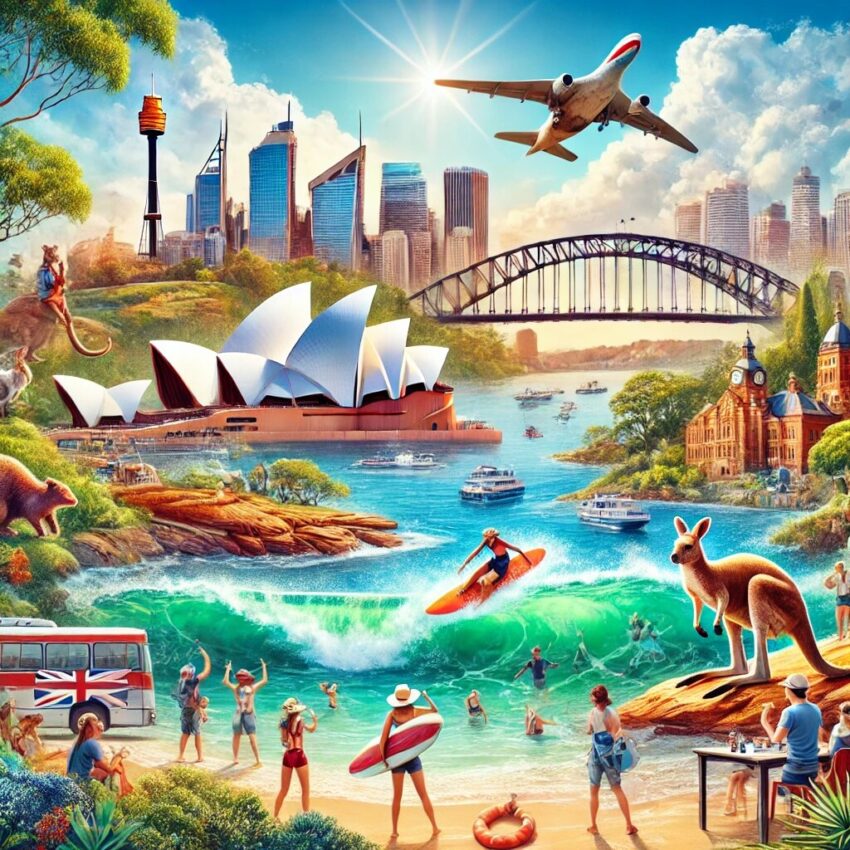Karnataka’s tourism sector is experiencing a seasonal slowdown as authorities in Udupi have implemented a temporary suspension of all marine and coastal activities. This four-month restriction, effective from mid-May to mid-September, aims to safeguard visitors from the dangerous sea conditions brought on by the southwest monsoon. With rising tides, unpredictable currents, and increasingly rough waters along the Arabian Sea, the decision prioritizes public safety over peak-season tourism. As a result, popular attractions like Malpe Beach and ferry services to St Mary’s Island have been closed, marking a proactive step in preventing maritime accidents during the monsoon period.
Each summer, Udupi welcomes a significant influx of travelers eager to explore its renowned coastal attractions, including the shores of Malpe Beach and the scenic ferry rides to St Mary’s Island. However, with the arrival of the southwest monsoon on the horizon, local officials have implemented an annual suspension of coastal activities from mid-May to mid-September. This precaution, mandated by maritime safety regulations, is intended to shield visitors from the dangers associated with increasingly turbulent sea conditions during the monsoon season.
As a direct consequence, all water-based adventure activities and boat transfers to islands have been paused. The four-month ban, which began on May 15 and will continue until September 15, affects services at Malpe Beach and along other coastal routes. This annual enforcement is intended to reduce the risk of maritime incidents caused by unpredictable wave patterns and changing weather systems.
While this initiative aligns with long-standing safety procedures, many arriving visitors have found themselves unable to access key attractions. The authorities have responded to concerns by emphasizing that public welfare outweighs the economic impact of reduced tourism activity. Officials confirmed that the sea becomes particularly volatile during these months, making water transport and recreation unfeasible without endangering lives.
Until early June, visitors may still be permitted to access shallow water zones, depending on favorable conditions. However, deeper sea areas are expected to be sealed off with physical barricades shortly thereafter. As part of broader safety enforcement, temporary closures have also affected beachside recreational setups such as informal sports zones and amusement booths, which typically operate alongside tourist hotspots.
These precautions reflect a proactive approach to disaster risk management in coastal zones. Emergency services and lifeguards remain active along the beachfront, providing guidance and ensuring visitors are aware of the limitations in place. Personnel have been stationed at major entry points to oversee crowd control and promote adherence to the restrictions.
Tourism planners in the district are now encouraging travelers to consider rescheduling their coastal visits to post-monsoon months, when conditions are more favorable and normal operations are expected to resume. Once the monsoon subsides, recreational activities such as speedboat rides, snorkeling, and island ferry tours will likely return, offering the full Udupi experience.
In the meantime, tourists still have the opportunity to explore inland destinations within Udupi, which remain fully accessible and unaffected by the coastal safety measures. Religious landmarks, cultural experiences, and culinary trails across the region continue to offer engaging alternatives during the monsoon period.
Though temporarily inconvenient, these seasonal safeguards underscore the district’s commitment to responsible tourism. The initiative reflects a broader understanding that preserving safety is vital to sustaining Udupi’s reputation as a safe and enjoyable destination throughout the year.
The administration’s firm stance on the closures, despite peak travel demand, highlights the importance of prioritizing environmental conditions and public security over short-term commercial gains. This annual protocol ensures that once the monsoon season concludes, visitors can once again return to the full range of seaside adventures with confidence and peace of mind.
Karnataka tourism has taken a seasonal hit as Udupi temporarily halts all marine and coastal activities from May to September to protect visitors from hazardous monsoon seas and unpredictable currents.


